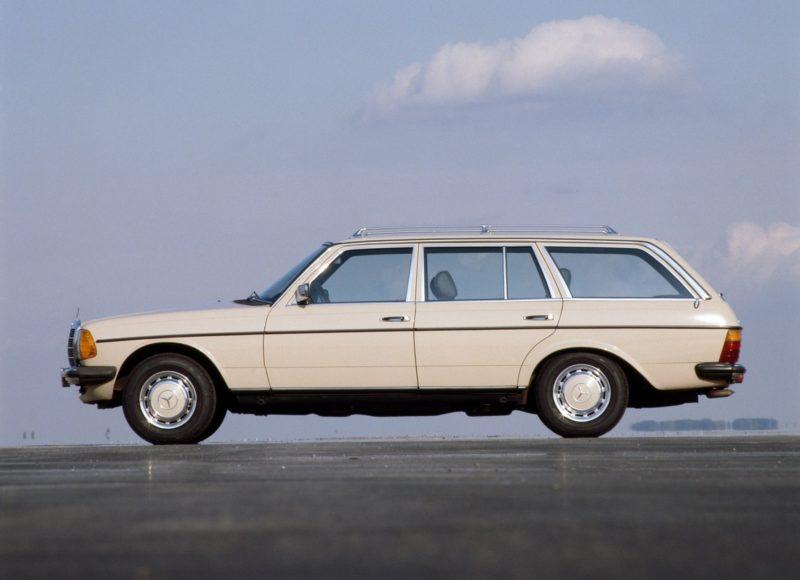The parliamentary elections are on the way. The Netherlands votes on 15 March for the completion of a new government term. It is a good time to look back once more on the past four years, in which questionable measures have been taken with regard to motor vehicles.
The past cabinet period was dominated by billions of subsidies for so-called clean driving. However, how was watched passively clean driving environmental fairy tales very expensive. How they caused skewed growth in the Dutch car industry. Putting employment under pressure. Fairy tales too, which hardly contributed to the air quality in city and country.
No interim research into environmental and behavioral effects
The negative effects could have been positively influenced by connecting ministries. For example, the Ministry of Social Affairs and Employment should have intervened precisely in that area. For example, to serve employment in the industry. And to test the feasibility of measures or to have them demonstrated. State Secretary Klijnsma already maintained regular contact with the Tax Authorities in various areas. And that is the executive body of the Ministry of Finance. The possibility was not exploited to focus on interim investigations into the environmental and behavioral effects of the measures. Those involved ignored the opportunity to connect in this way and create overlap and synergy.
Environmental measures at national and local level
Meanwhile, the environmental organizations and green-minded parties advocated that every person has the right to clean and healthy air. But recently it turned out that “we” had forgotten to include emissions from ships and aircraft in the determination of total CO2 emissions. On the basis of this incomplete information, however, ineffective environmental measures were taken. With regard to car taxes. And with regard to local zones, where MOT approved cars from before certain construction years - depending on the municipality that set the zones - are banned. In the largest port city in the country, the Rotterdam Classics Foundation is fighting for good alternatives for the money-consuming and non-working zones. And it was the KNAC that made the redundancy of environmental zones transparent from 2013, by waging a neat battle with the municipality of Utrecht. The KNAC litigated all the way to the Council of State, but Lady Justice was always right in Utrecht.
One more time: the old-timer scheme
Lady Justice recognized in a judicial five-part also the scheme, about which enough has been said and kept silent: the old-timer scheme. Still go back one more time. After long negotiations, the Vliet Amendment - an excellent working measure with a gradual increase in the old-timer exemption age including fuel surcharge and LPG - was thrown overboard. The current old-timer scheme became current on 1 January 2014. Owners (especially LPG and diesel drivers) were confronted with substantial tax increases. The entire industry was hit, investments made turned into long-term credit obligations.
Do not take into account behavioral consequences and costs
The old-timer arrangement (and believe me, it could have turned out even more unfavorably) had consequences for employment. That is why those responsible within the Ministry of Finance and the Ministry of Social Affairs and Employment should have put their heads together in time. Not to deal with the consequences, but to prevent them. Because it was already clear in 2011 that benefit recipients (unemployment benefit average of eight months, benefit recipients average of 21 months) need a lot of time to find a new job. The UWV never disclosed the damage in relation to the old-timer scheme. Also in the evaluation of Wiebes - in September 2015 - no single cost figure of the old-timer scheme came out.
There is a collaboration message, no connection signal
The new elections are on the way, but nowhere is connection and intertwining between Ministries propagated. The word falls in certain configurations partycooperation. That intention cannot be seen in isolation from the fact that the polls reflect a distribution of seats that also requires the parties to cooperate in order to get a majority in the Lower House.
Yet careful confidence in the future
That is a good starting point, which must be further translated into intensive cooperation between Ministries, which must regularly put their heads together and intensively evaluate and adjust the consequences of the measures taken if the situation so requires. Then billions are not thrown overboard, but overall car policy and environmental measures are kept in the right perspective, and the exemption limit of old-timers is set to 30 year by international standard. Or is the Van Vliet Amendment being restored. And the expensive, ridiculous and economically harmful kilometer charge with rush-hour surcharge will be omitted. The addition policy for new cars has since been largely normalized. But otherwise the wish is the father of thought. And yes, I may be naive. But I believe - certainly when the Ministries visit each other more in a new government term - very cautiously in new opportunities for the entire national car industry.
Unless Jesse Klaver with Green Links on Wednesday 15 March 2017 becomes the largest ...


